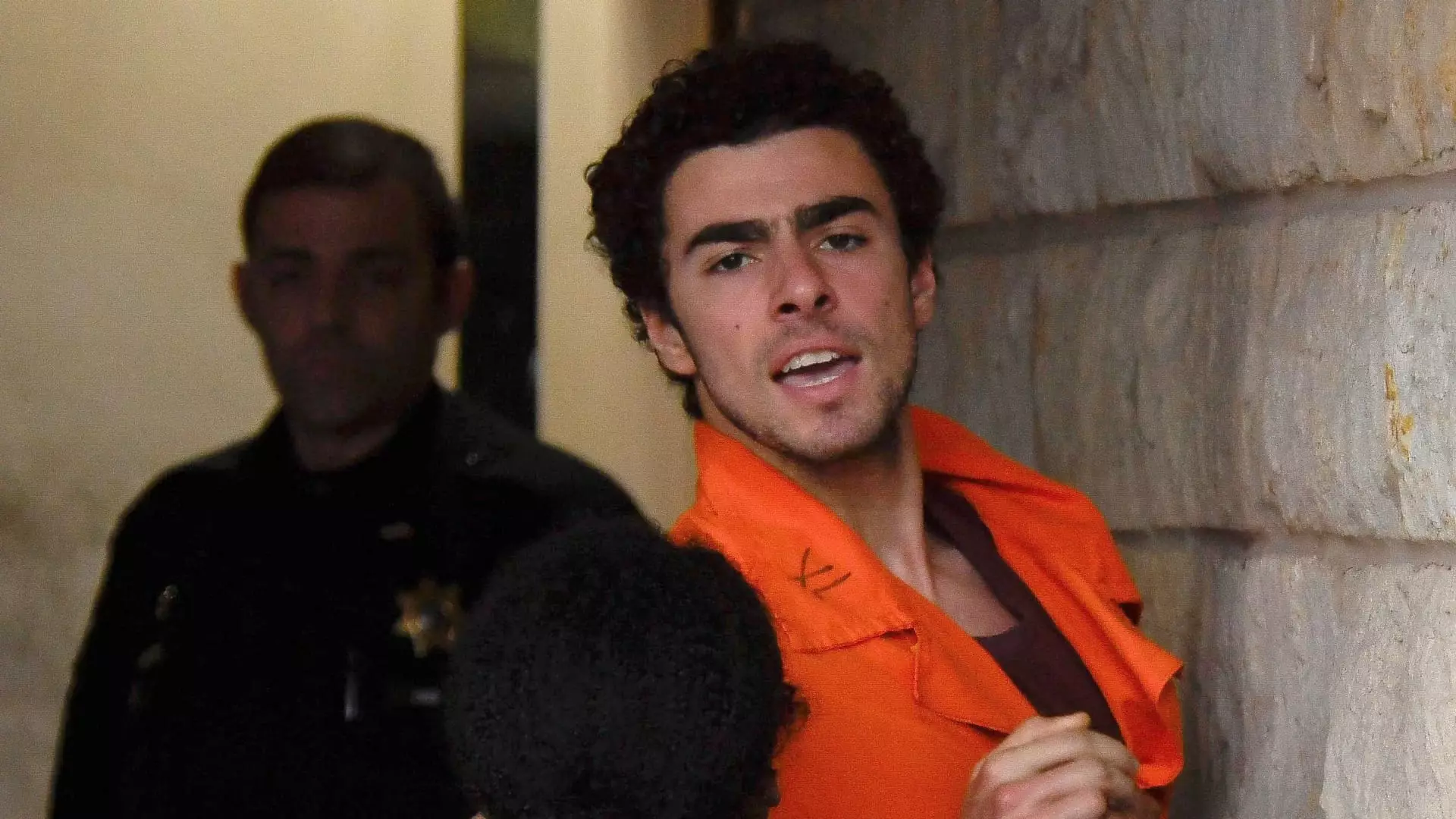The arrest of Luigi Mangione, implicated in the murder of UnitedHealthcare CEO Brian Thompson, has sent shockwaves through the legal community and the public at large. Mangione, 26, has engaged the prominent attorney Karen Friedman Agnifilo to represent him on serious New York charges. Her firm, Agnifilo Intrater LLC, confirmed her involvement but refrained from commenting further. Agnifilo boasts a robust background, having served as the chief assistant district attorney in Manhattan for seven years, alongside her tenure as the head of the trial division. This selection of counsel signals the high stakes involved as Mangione faces his future in a high-profile homicide case.
The investigation into Thompson’s murder concluded with a dramatic capture of Mangione in Altoona, Pennsylvania. The authorities located him at a McDonald’s restaurant, where further evidence linking him to the crime was found in a backpack he possessed. The nature of the charges he faces is severe; in New York, he is charged with one count of murder, alongside additional charges of weapon possession and forgery. In Pennsylvania, the charges compound, encompassing serious felonies and misdemeanors, including tampering with identification. Mangione is currently fighting extradition to New York from his confinement at the Huntingdon State Correctional Institution, while reports detail his highly isolated detention conditions.
Amidst the ongoing legal turmoil, surprising support has emerged online in the form of crowdfunding campaigns backing Mangione’s legal defense. At least three fundraisers appeared on GoFundMe, but these were withdrawn following the platform’s policies that prohibit support for legal defenses in violent crime cases. Interestingly, an alternative site, GiveSendGo, allows such campaigns and features a fundraiser that has reportedly raised over $94,000 with a target of $200,000. While the organizers claim that their goal is merely to ensure Mangione’s constitutional right to legal representation, the ethical implications of financially supporting someone accused of a violent crime remain contentious.
Legal representatives, including Pennsylvania attorney Thomas Dickey, have voiced skepticism regarding the evidence against Mangione, asserting his intent to plead not guilty in both jurisdictions. However, public sentiment remains complex and charged, with many grappling with the morality of offering financial support to a suspect in a high-profile murder case. The public narrative is shaped by the gravity of the charges, the tragic loss of Thompson’s life, and the implications this crime has posed for healthcare leadership and corporate governance in a broader societal context.
The case of Luigi Mangione represents not only a personal legal battle but also a cultural moment where the intersections of justice, media attention, and public opinion converge. As the events unfold, the outcomes will likely reverberate beyond Mangione himself, affecting perceptions of legal rights, ethical crowdfunding, and the criminal justice system’s handling of violent crime.


Leave a Reply